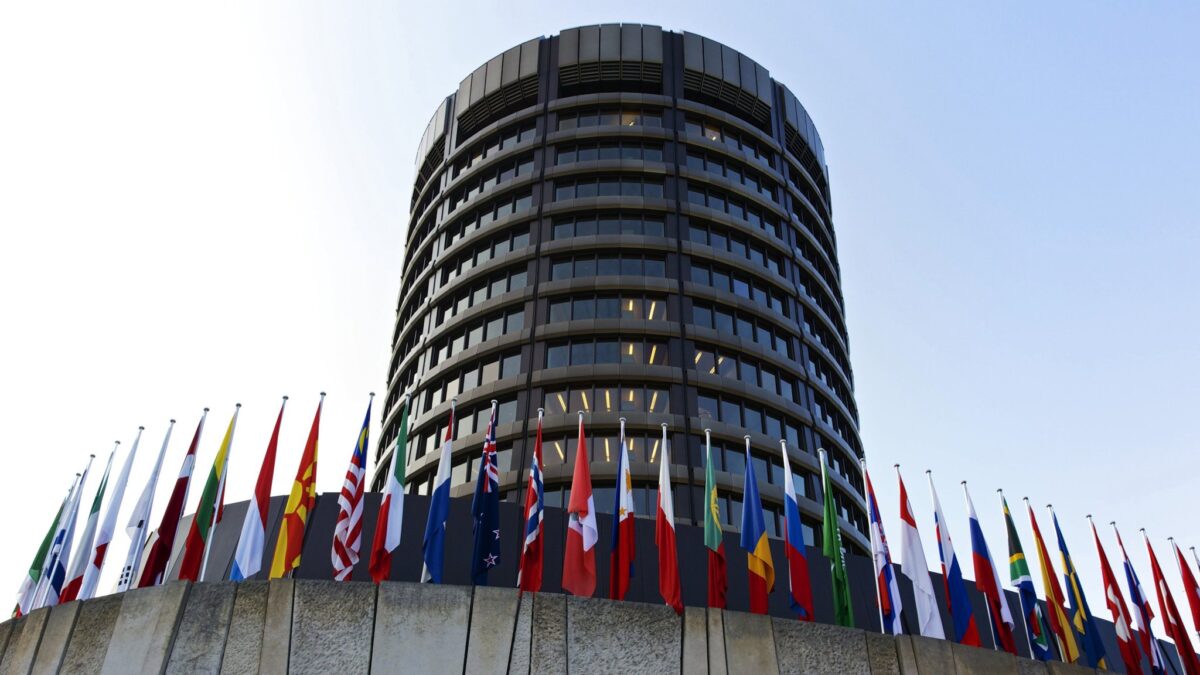Crypto supporters criticize BIZ for “isolation strategy” for digital finances

A sharp division with regard to the future of the digital financial world is emerging between the global banking authorities and the leading representatives of the crypto industry.
The Bank for International Payment Compensation (BIZ) has recently published a report in which stricter boundaries between the crypto sector and traditional financial systems are required, which has triggered violent criticism within the cryptocurrency industry.
Christopher Perkins, President of Coinfund, convicted The BIZ's proposal immediately and risky. In a contribution dated April 19, he accused the institution to pursue a strategy that was based on “fear, arrogance or ignorance”, and warned that efforts to insulate cryptocurrencies could destabilize global markets.
The BIZ report published on April 15 argues that the rapid growth of cryptocurrencies and decentralized financial services (DEFI) represents potential dangers for financial stability and investor protection. The proposed answer: isolate crypto markets from the conventional bank infrastructure.
However, Perkins believes that this way of thinking completely ignores the nature of cryptocurrencies. He described digital assets as a limitless financial system that works around the clock – in contrast to traditional markets that close after work. “The attempt to areolate cryptocurrencies does not reduce the risk,” he said. “He even strengthens it by changing the real-time liquidity from the traditional financial world.”
Perkins also rejected the concerns of the report regarding the anonymity of developers in Defi and argued that the traditional financial world rarely also reveals technical contributors. In his view, Defi offers more transparency than private financial institutions that operate largely outside of public perception.
Stable coins were also criticized in the BIS report, whereby the regulatory authorities warned that they could destabilize weak economies. Perkins countered that in countries that are confronted with inflation or a currency collapse, access to USD-supported stable coins can offer real added value. “If this improves living conditions in developmental regions, how can it be bad?” He asked.
In view of the growth of the crypto industry and the difficulties of the global regulatory authorities to keep up, the controversy about dealing with digital assets will increasingly become more difficult to ignore. Whether cryptocurrencies remain a parallel system or are fully integrated could depend on how these opposing visions develop in the coming years.






